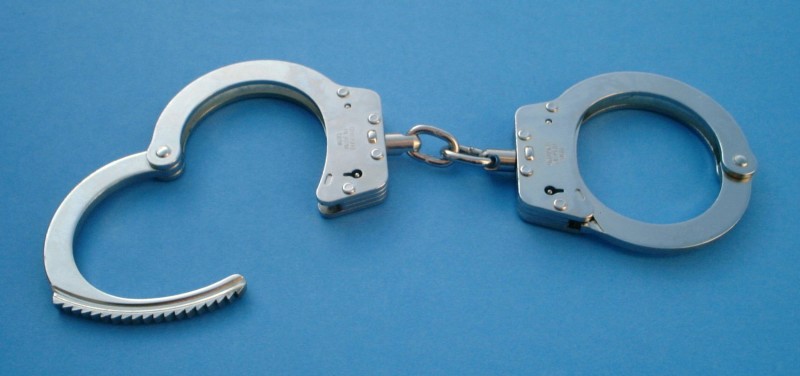The San Francisco Reentry Council, which coordinates local efforts to help adults released from the county jail, commissioned the report in November 2014. It was produced by the W. Haywood Burns Institute, a nonprofit organization working to reduce racial and ethnic disparities in the criminal justice system.
The institute's analysis, based on 2013 data, indicated that even as the city’s demographics shifted and overall arrest rates declined, the gap in arrest rates grew between African-American and white adults in San Francisco.
According to the report, 40 percent of people arrested, 44 percent of people booked into county jail and 40 percent of people convicted are African-American adults.
San Francisco Supervisor Jane Kim, who also spoke at the news conference, has been working with Adachi's office on initiatives aimed at addressing systematic inequality.
Across the board, Kim said, "Arrests rates are going down. Violent crime is going down. … But reports like the one that's being released today by the Burns Institute demonstrate that San Francisco has far more to do."
Deputy Public Defender Chris Hite also called for improving racial diversity within the criminal justice system. "It is not unusual for me to go to trial, and see in the jury pool when I'm representing an African-American male or female, not a single black person in the voir dire [jury pool]. Sometimes, there'll be one or two, and they may not even get called as an opportunity to serve on the jury."
The analysis, which is included in full at the bottom of this post, also found:
- "Rates of arrest are higher for black adults than white adults for every category of criminal offense."
- "Booking rates for black and Latino adults have increased over the past three years, while booking rates for white adults have decreased."
- "The top three residence Zip codes of black adults booked into County Jail were: 94102 (includes the Tenderloin), 94124 (Bayview-Hunters Point), and 94103 (South of Market)."
- "Black adults in San Francisco (in the general population) are 10 times as likely as white adults in San Francisco (in the general population) to have a conviction in court."
Calls to the Reentry Council and the Burns Institute were not immediately returned.
